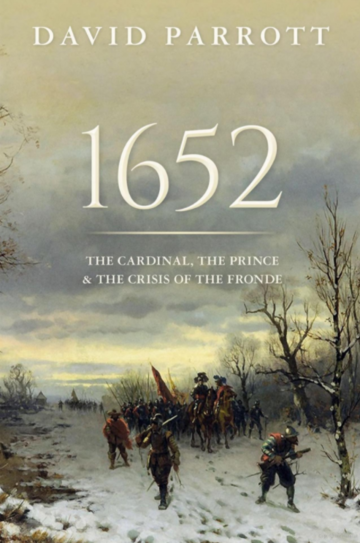
David Parrott's book offers a major re-evaluation of the last year of the Fronde - the political upheaval between 1648 and 1652 - in the making of seventeenth-century France. In late December 1651, Cardinal Mazarin defied the order for his perpetual banishment, and re-entered France at the head of an army. The political and military crisis that followed convulsed the nation, and revived the ebbing fortunes of a revolt led by the cousin of the young Louis XIV, the prince de Condé. The study follows in detail the unfolding political and military events of this year, showing how military success and failure swung between the two sides through the campaign, driving both cardinal and prince into a progressive intensification of the conflict, while simultaneously fuelling a quest for compromise and settlement which nonetheless eluded all the negotiators' efforts. The consequences were devastating for France, as civil war smashed into a fragile ecosystem that was already reeling under the impact of the global cooling of the 'Little Ice Age'. 1652 raises questions about established interpretations of French state-building, the rule of cardinal Mazarin and his predecessor, Richelieu, and their contribution to creating the 'absolutism' of Louis XIV.
Find out more from Oxford University Press